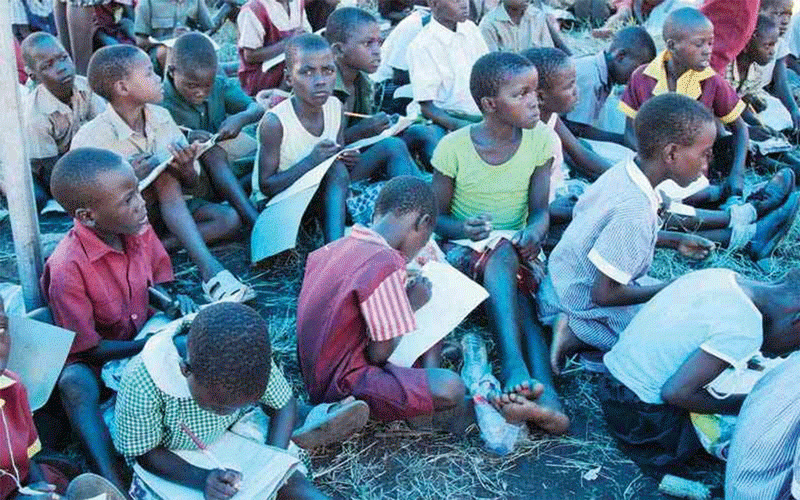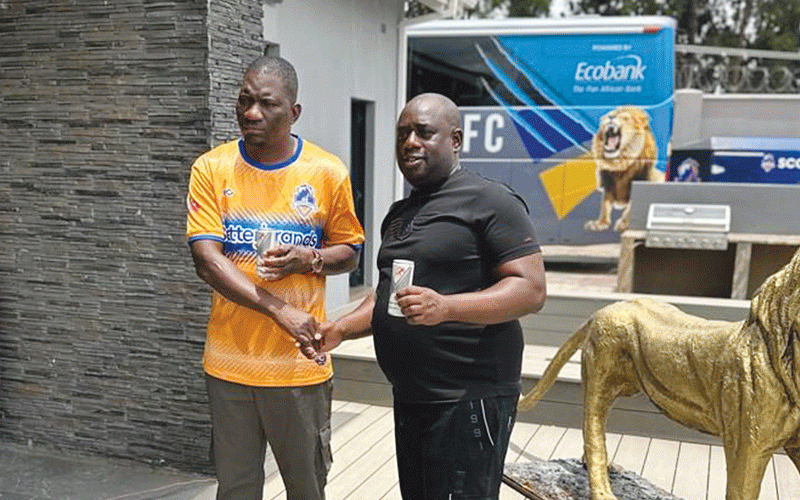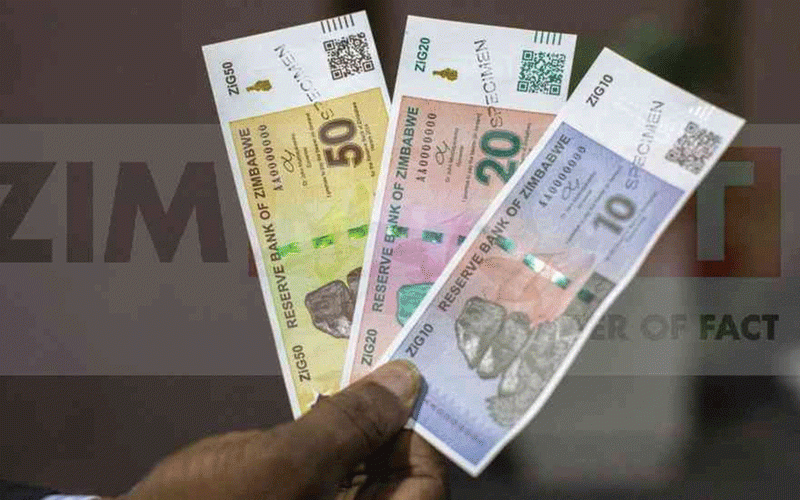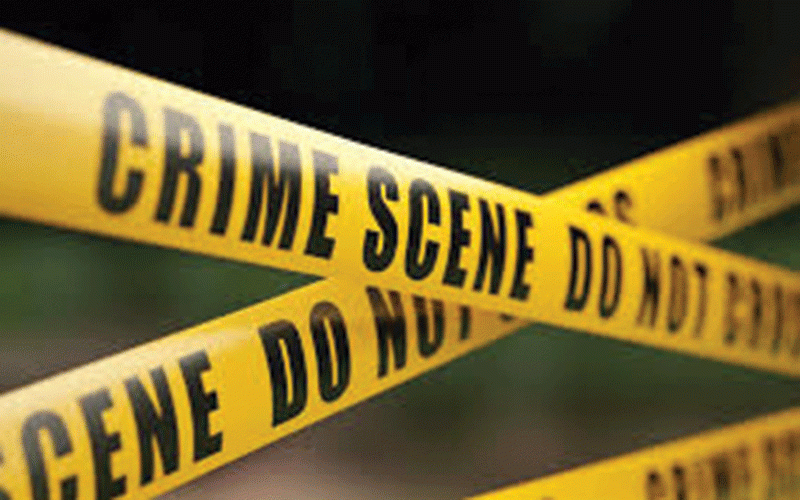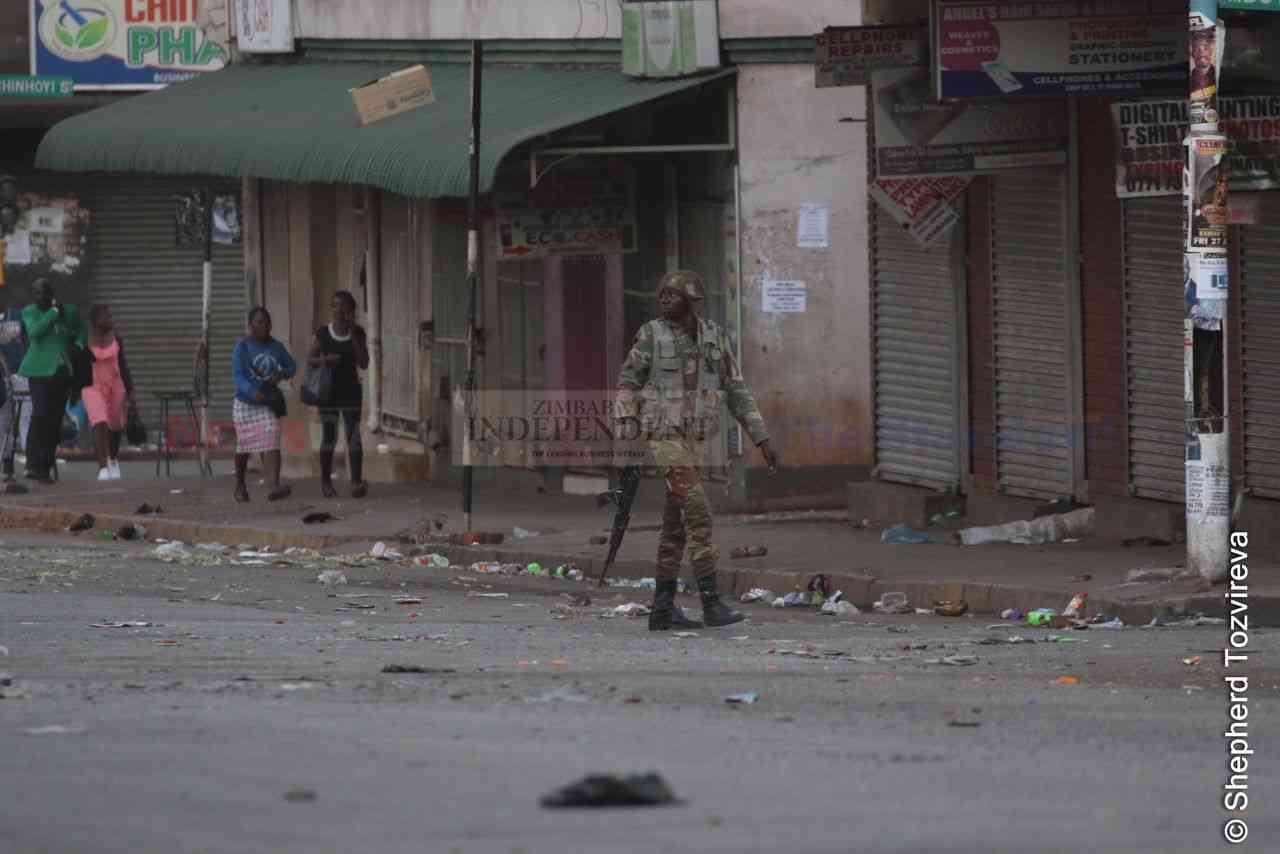
CHALLENGE Tauro would have been 26.
However, his life was cut short after he was shot on the streets of Harare following post-election violence six years ago.
The late vendor was among six people that lost their lives when soldiers fired live bullets at people who were protesting the delay in releasing the 2018 presidential election results.
Slyvia Maposa, Gavin Dean Charles, Ishmael Kumire, Jealous Chakandira and Brian Zhuwawo were also killed in the darkest chapter of President Emmerson Mnangagwa’s administration.
On the day in question, 35 people were injured in the skirmishes.
The killings created an international outcry as the then new Mnangagwa administration had promised a break with the past of disputed elections.
Mnangagwa appointed a commission of inquiry led by former South African president Kgalema Motlanthe, creating hope that government wanted to resolve the issue and bring the alleged perpetrators to book.
But six years later, the families of the deceased have not found closure.
- NoViolet Bulawayo’s new novel is an instant Zimbabwean classic
- COP27: Zimbabwe’s opportunity to shine
- Jah Prayzah, Zanu PF rekindles ‘lost love’
- Female politicians complain over sexual harassment
Keep Reading
In its findings, the commission said the demonstrations, which became riotous and caused extensive damage to property, had been incited, pre-planned and well-organised by the MDC Alliance, the then opposition party.
It said the circumstances prevailing on the day justified the deployment of military personnel to assist the police.
It said while the deployment of the military was lawful, the operational framework in terms of section 37(2) of Public Order and Security Act [Chapter 11:07] was not fully complied with in that the deployed troops were not placed under the command of the Harare regulating authority.
The recommendations of the Motlanthe Commission appear to have been ignored.
The commission recommended payment, through a committee to be set up by government, of compensation for losses and damages caused, including in particular support and school fees for children of the deceased.
It also recommended electoral reforms, including development of information communication technology systems to, among other things, enhance the transparent and expeditious announcement of election results; enforcement of law and order to ensure that the events of August 1, 2018 do not recur; bring alleged perpetrators to book and the promotion of nation-building and reconciliation, including an initiative for multi-party dialogue and co-operation.
There has been no compensation paid to relatives of the deceased and no one has been held accountable to date.
We urge Mnangagwa to ensure the recommendations are implemented.
In the absence of that, the setting up of the commission of inquiry will be seen as a window-dressing exercise that was designed to buy time for the then new administration.
One thing is clear, the families and colleagues of those that lost their lives will continue pushing for justice amid what appears to be a choreographed plan to make the six a footnote of history.
They will not be forgotten.
Six years after the shooting dead of the six, the Mnangagwa administration must be seen to be doing something and must do something.

